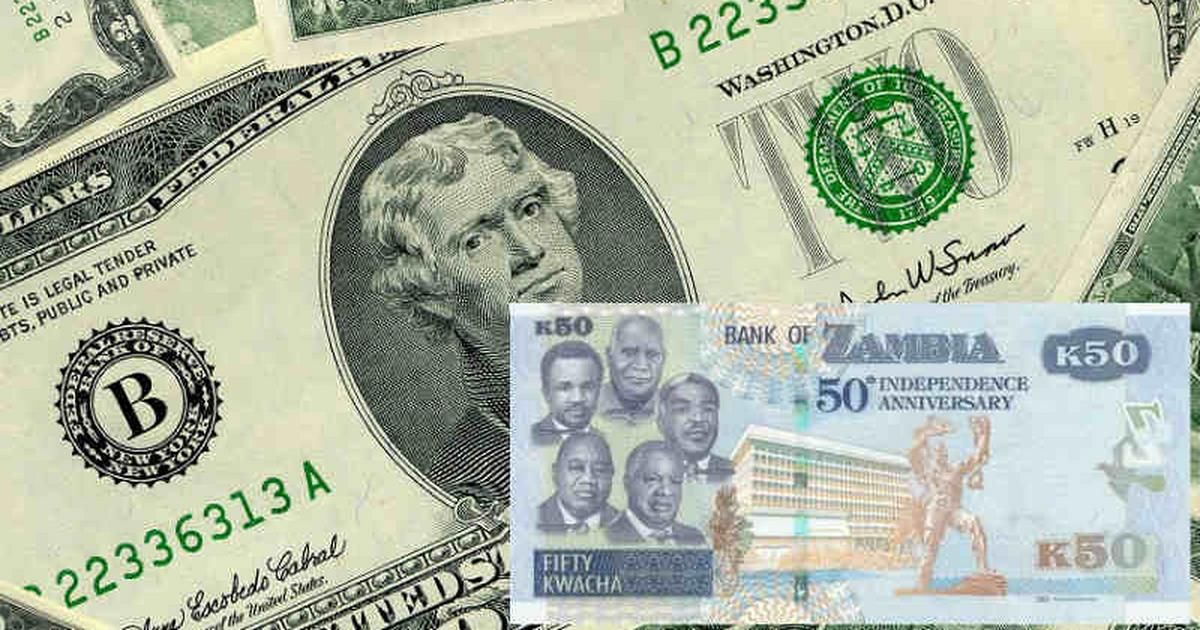Foremost International Rating Firm, Fitch Ratings, forecasts that punitive policies by the Central Bank of Nigeria (CBN), especially the Cash Reserve Ratio (CRR) debits on Nigerian banks, will negatively impact on their earnings.
According to the rating firm, this is coming at a time when most other countries are giving banks extra leeway to fight the economic fallout of the coronavirus.

The Senior Director for Europe, Middle East and Africa at Fitch, Mahin Dissanayake pointed out that keeping those huge idle cash with the CBN in a non-interest yielding account puts a lot of pressure on the earnings of the banks, as they would have been put to better use through ventures such as lending. The inability of the banks to meet the requirements of the apex bank results in the debiting of the banks’ accounts with the shortfall.
The CBN also debits the accounts of banks who fail to meet the 65% loan to deposit ratio (LDR) regulation, a policy which is aimed at stimulating credit in the economy.
The CRR debits on Nigerian banks have exceeded the N2 trillion mark in 2020 alone, some of which are speculated to be aimed at reducing the capacity of the lenders to participate in the foreign exchange market and as a result reducing the pressure on the naira.
Some analysts suggest that the CBN debits the accounts of banks arbitrarily without adhering to the 22.5% CRR, just to manage the liquidity in the system.
Dissanayake disclosed that enforcement of these policies and penalties have caused an effective hit on capital to between 40% and 50%.
He, however, said that the positive side of this is that the strong revenue-generating capacity in a large Nigerian economy allows the banks to absorb the higher cost of risk even when income from interest charges on loans deteriorate.
The financial results for the first half of the year saw Nigerian banks record trading and foreign exchange revaluation gains which had neutralized the lower yields on government bond holdings, slower loan growth and fewer transactions from customers due to the effect of the coronavirus pandemic.
Dissanayake forecasts an estimated 20% decline in revenue, with a decline as well in profitability. The degree of decline in profitability will depend on the extent of loan impairment charges and the size of trading and translation gains.









